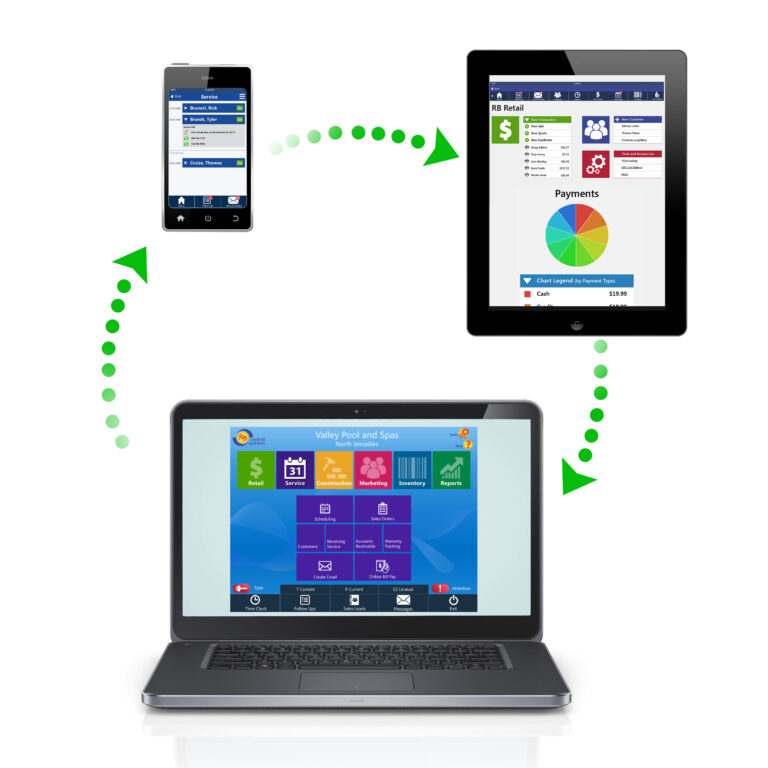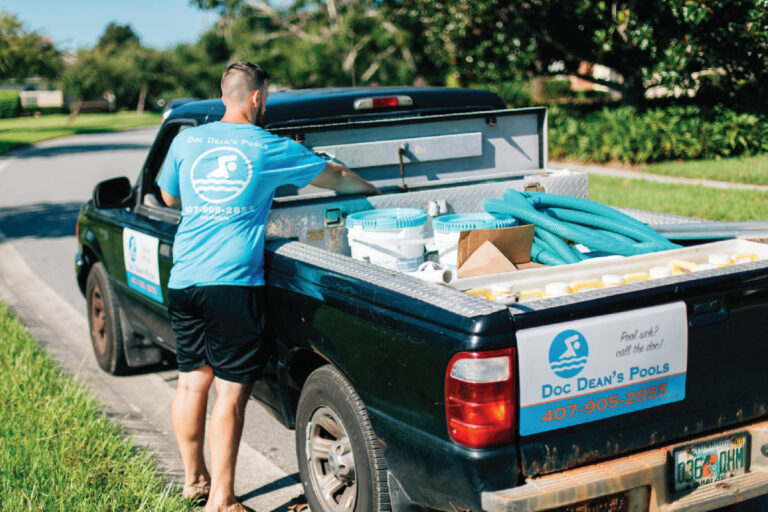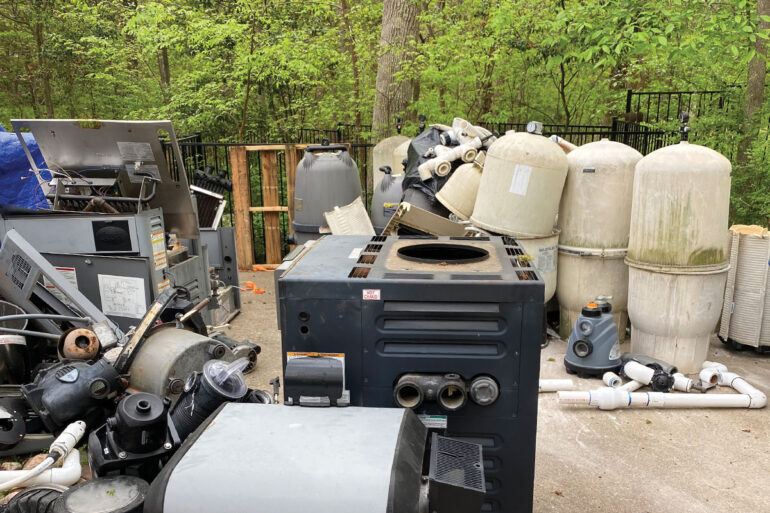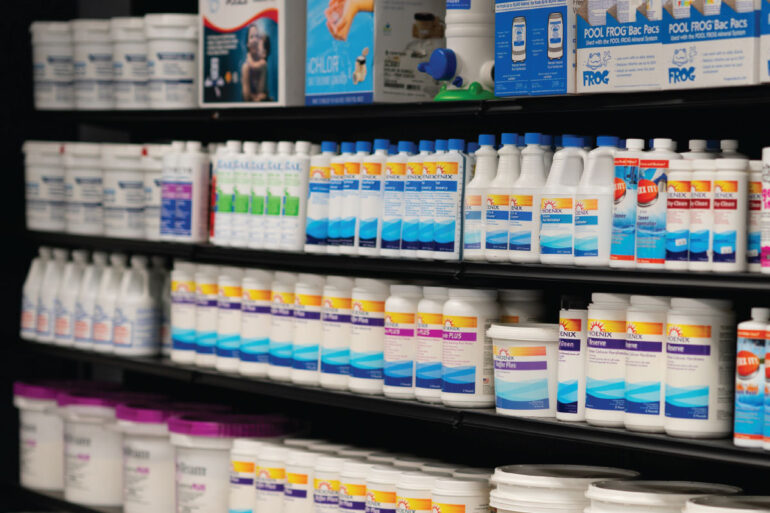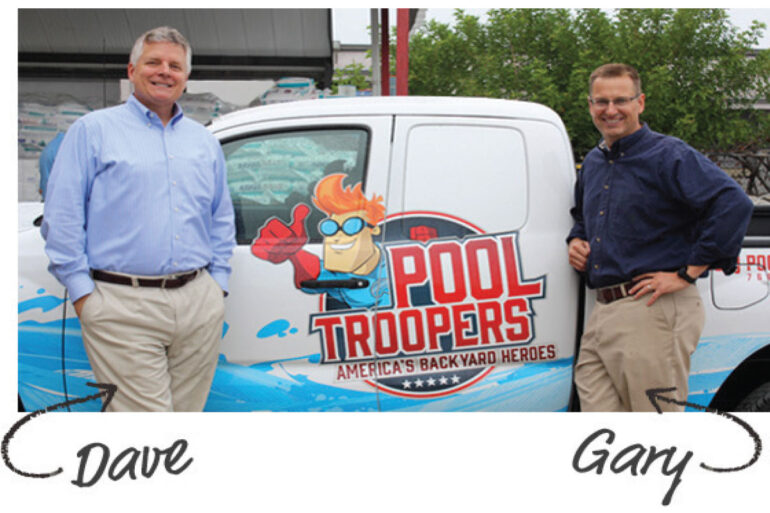Tracking with Telematics

Tracking fleet vehicles has become standard operating procedure for many businesses, including the pool service sector. There’s a high-tech name for this technology, too: telematics. You might even have a telematics device in your vehicle and not know it.
“Telematics is better than GPS,” says Kelly Frey, vice president of product marketing at California-based Telogis. “It’s the connected commercial vehicle, part of the internet of things. We help our customers take advantage of the connected vehicle and ‘internet of things’ [a term that indicates the way everyday devices — such as your air conditioner, money transfers or a pool app — are accessible via an internet connection] to change the relationship with their customers.”
A commercial vehicle has much more value to its owner when it’s connected, Frey says: The real-time information collected via telematics helps business owners and fleet operators be more productive, increase earnings and be safer on the road.
“Our original company infrastructure was not built for growth and our systems and processes were starting to breakdown by mid-2013,” says Alan Falik, president of the Texas firm Poolsure, which services commercial aquatic facilities of all sizes. Poolsure went online with Telogis in August 2014, and Falik says it now has a much better view into its trucks and fleet. “We know where they are along their routes,” he says, “and we know what’s actually on our trucks at all times.”
Frey says this technology is at the heart of a connectivity revolution. But does too much connectivity make it seem like Big Brother is watching employees? In this era of dependence on smartphones or tablets, Frey insists that kind of thinking is antiquated. “What business operators will ask is how this technology will change the way their guys are working,” he says, “or will their crew resist the move from working with paper to an electronic system.”
Poolsure went through transitional pains, but Falik’s crew eventually saw the light. “With our old system, a job would come in and it could take up to 12 hours to get dispatched,” Falik says. “Now we’re able to make same-day deliveries, increase our next-day deliveries and make on-the-fly decisions in our dispatch command center when a job is urgent.”
Data gathered with telematics could help plug leaks in a pool company’s efficiency bucket and optimize the crew’s delivery volume.
What about insurance savings by subscribing to a telematics package? Frey says that’s the question new customers ask most. “I always say yes…but,” Frey says. “Insurance companies prefer to give discounts to customers who have demonstrated a history of fewer accidents and claims. Your insurer will not automatically give you a discount just for subscribing to a telematics package.”
If you’re curious whether your business is ready to adopt telematics, it might already be on your commercial vehicle, provided it’s a later model. You might not need to approve such a hefty capital expenditure. Telogis also builds its solutions into a number of different vehicles and equipment from manufacturers such as General Motors, Ford, HINO (Toyota’s commercial vehicles division), Mack, Volvo, Isuzu and Manitowoc Cranes..
“That means — pun intended — many pool service folks can dip their toe in the water,” Frey says, “without having to make a big investment!”

